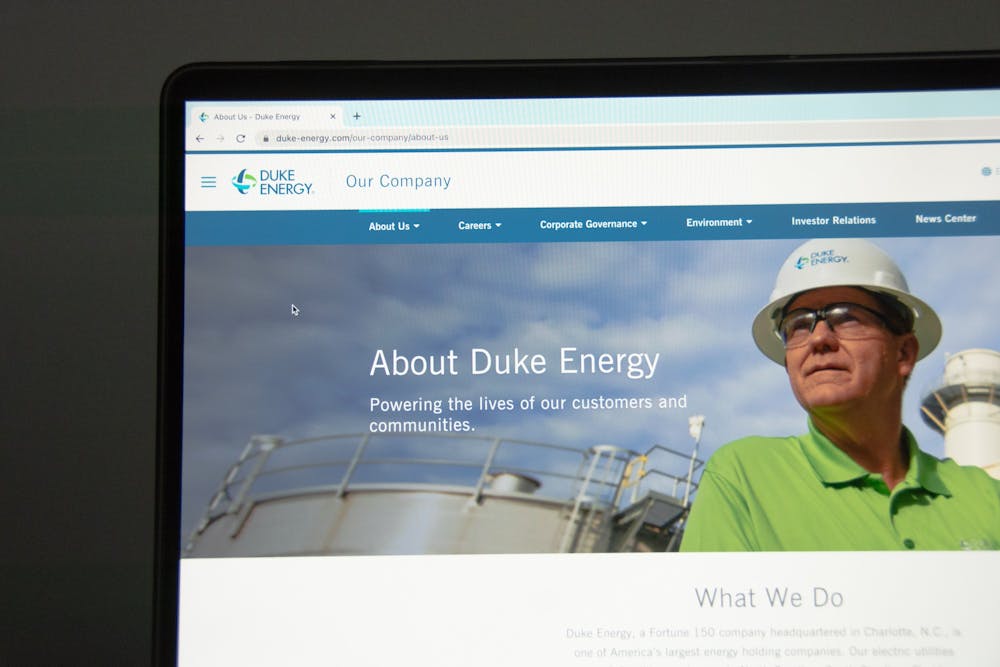On Christmas Day, thousands of North Carolinians woke up to freezing temperatures and no electricity.
A combination of cold weather, high electricity usage and failing infrastructure caused the power demand to surpass supply. As people froze, Duke Energy begged those with power to cut their usage back to prevent further rolling blackouts. WCNC Charlotte reported that, in total, about 500,000 people lost power.
Let's be clear, I don’t have a problem with blackouts. Those happen from time to time – storms will knock out power lines and equipment will fail. Current battery technology is not cost-effective to utilize on a grid scale so power generation is (and will continue to be) a cat-and-mouse game of predicting energy demand and ramping up and down generation to match.
Wide-scale blackouts because a company ran out of electricity during a weather event they had the potential to know about far ahead of time is not inevitable, nor is it something that we should accept. Duke Energy does not deserve to continue existing. Private electric utility companies shouldn't exist. Period.
The general thesis of capitalism goes like this: private companies have a profit incentive. That profit incentive will lead them to maximize profits in a competitive market by offering the best possible service at the lowest possible operating costs. Maximum competition, in the long term, reduces inefficiencies and increases the quality of services for consumers. The invisible hand of the market, supply and demand and all that.
Duke Energy and electric utilities as a whole, however, don’t operate in a competitive market. They operate in a state-enforced monopoly. No one else can enter the market due to high barriers to entry and state regulations. Because they don’t have to compete for consumers and because these regional energy monopolies have basically divided the entire country up between them, there's very limited opportunity for expansion.
No competition means that the same profit incentive exists, but companies have no incentive to provide better service. All the drawbacks of free market capitalism with none of the supposed benefits.
In fact, most utilities don’t actually make any money from the sale of services to consumers, just enough to cover operating expenses.
Instead, utility companies make money by building new infrastructure. Say a company decides to build a power plant for $100. They will get a loan for that $100, collect $120 from consumers on power bills for the plant, give $105 to the bank for the loan and collect the $15 as profit. Now, imagine this but at a much larger scale, with companies producing profits in the billions.



